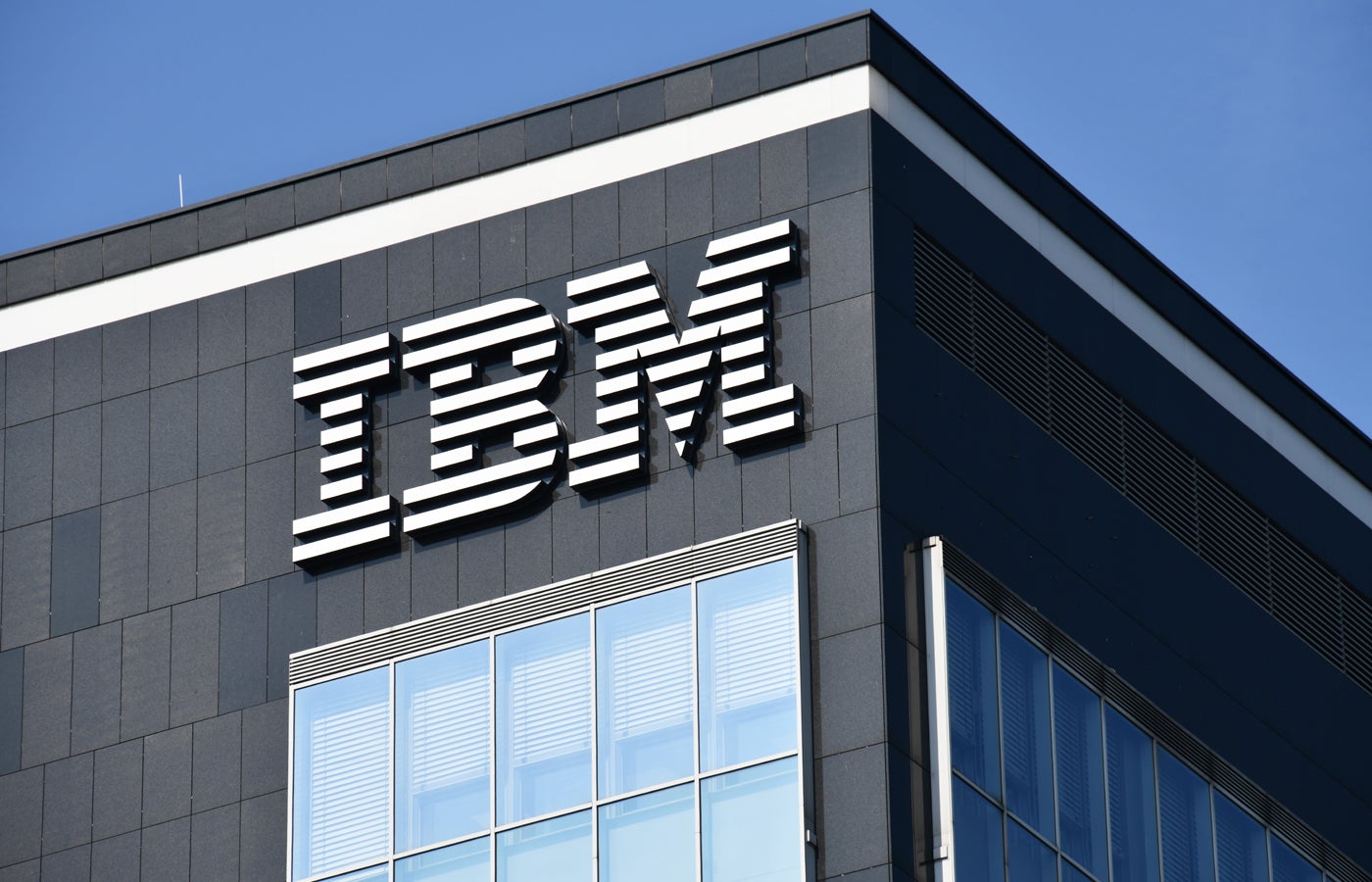
IBM has lastly accomplished its acquisition of San Francisco-based HashiCorp for $6.4 billion, 10 months after its announcement. The businesses goal to handle the rising complexity enterprises face in managing multicloud and hybrid cloud infrastructures, particularly with the rise of AI-driven purposes that always shift workloads and require speedy scaling.
From right this moment, HashiCorp’s automation instruments, comparable to Terraform and Vault, can be found with IBM’s hybrid cloud platform, permitting clients to automate infrastructure provisioning and safety administration throughout their techniques.
IBM stated infrastructure provisioning from Terraform will allow numerous its merchandise to run extra easily in hybrid cloud environments. These embrace the Pink Hat Ansible Automation Platform, which automates the configurations and middleware deployments of purposes, and the event of IBM Z mainframe software program. HashiCorp Vault, a password and encryption key administration device, may also be deployed throughout hybrid clouds with Pink Hat’s container-based software platform OpenShift.
HashiCorp will function as a division of IBM Software program somewhat than being introduced into Pink Hat, IBM’s open-source subsidiary it acquired for $34 billion in 2019.
SEE: Variations between Hybrid Cloud and Multicloud defined on this TechRepublic Premium obtain
“Organizations globally need to deploy fashionable, hybrid cloud-ready apps, which require automated cloud infrastructure at vital scale,” stated Rob Thomas, senior vp, IBM Software program and Chief Industrial Officer, in a press launch.
“With this acquisition, IBM is dedicated to persevering with to spend money on and develop the HashiCorp capabilities, and collectively, with HashiCorp’s main know-how and intensive developer group, IBM’s world attain and R&D assets, our goal is to infuse HashiCorp know-how in each knowledge heart.”
Armon Dadgar, chief know-how officer and cofounder of HashiCorp, added: “We’ve constructed a portfolio of merchandise to assist clients embrace a cloud native method to Infrastructure and Safety Lifecycle Administration that has been embraced by tons of of 1000’s of organizations world wide.
“I’m excited for HashiCorp to hitch the IBM household, the place there’s clear alignment on the imaginative and prescient of enabling hybrid infrastructure for the world’s greatest enterprises. Collectively, we will proceed to speculate deeply in R&D innovation and allow the subsequent technology of purposes to be constructed and scaled.”
IBM-HashiCorp deal confronted antitrust investigations, lawsuit
On Tuesday, the transaction was accepted by the U.Ok.’s Competitors and Markets Authority after discovering it could not negatively influence competitors. This aligns with the nation’s new pro-innovation stance, which it hopes will entice huge tech funding, highlighted by not too long ago hiring an ex-Amazon govt because the CMA interim chairperson.
The deal has additionally been quietly accepted by the U.S.’s Federal Commerce Fee, based on TechCrunch, after each antitrust investigations delayed its anticipated completion date of the tip of 2024.
However these investigations aren’t the one challenges IBM and HashiCorp have confronted since asserting the acquisition. In June, a HashiCorp investor sued the corporate, claiming that the acquisition by IBM disproportionately benefited its board members over the shareholders, as executives allegedly stood to achieve “golden parachutes” and the power to money out their illiquid inventory. Nonetheless, the go well with was mysteriously withdrawn two days later.
Deal finalised after Terraform’s controversial relicensing
HashiCorp’s inventory jumped 4% following the acquisition announcement, recovering considerably from vital declines in 2023. These have been triggered by the choice to relicense Terraform from the open-source Apache 2.0 to the extra restrictive Enterprise Supply License.
The transfer alienated components of the open-source group, and so they forked the unique Terraform code into the open-source OpenTofu and positioned it below the oversight of The Linux Basis.
Nonetheless, the license change probably helped entice IBM into the deal, because the added govt management would allow it to combine and monetize the know-how inside its personal ecosystem.